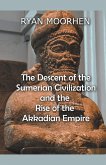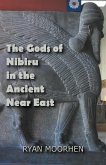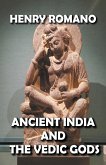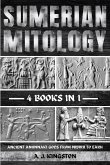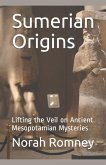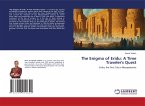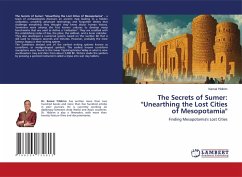The so-called descendant of the Elder God is often seen as a rival in such relationships. Many of his followers worship elder gods. During his lifetime, Nebo acquired something of a reputation as a god of wisdom, and it may have been because of this that he was able to stand apart from Merodach without becoming absorbed into the cult of the great Deity of Sumer. The writing was credited to him, as it was to all 'wise' gods. His department interpreted the movements of the heavenly bodies. Nebo and his consort Tashmit were particularly popular as patrons of writing with the bookish King Assur-bani-pal. As soon as the worship of Merodach became recognized at Sumer, the cult of Nebo at Borsippa became so firmly rooted that even the proximity of the most incredible God in the land was not enough to shake it. Borsippa's temple continued to flourish after the Persian conquest. It is almost impossible to trace the significance of Nebo's original significance, despite his having outlived many of the greater gods. The scribe of the gods, whether solar or aqueous-the latter seems more likely-he was regarded during Merodach's ascendancy much as Thoth was the scribe of the otherworld in Egypt-that is, he wrote at the dictation of the higher deities. He chronicled the speeches and deliberations of the gods in the Chamber of Fates at Merodach's temple in Sumer. He had a shrine in the temple of E-Sagila, or 'the lofty house,' which was also known as E-Zila, or 'the firm house.' Once during the New Year festival, Nebo was carried from Borsippa to Sumer to his father's temple, and in return, Merodach escorted him back to his shrine in the lesser city. I find it strange how closely the cults of these two gods are intertwined.
Hinweis: Dieser Artikel kann nur an eine deutsche Lieferadresse ausgeliefert werden.
Hinweis: Dieser Artikel kann nur an eine deutsche Lieferadresse ausgeliefert werden.



